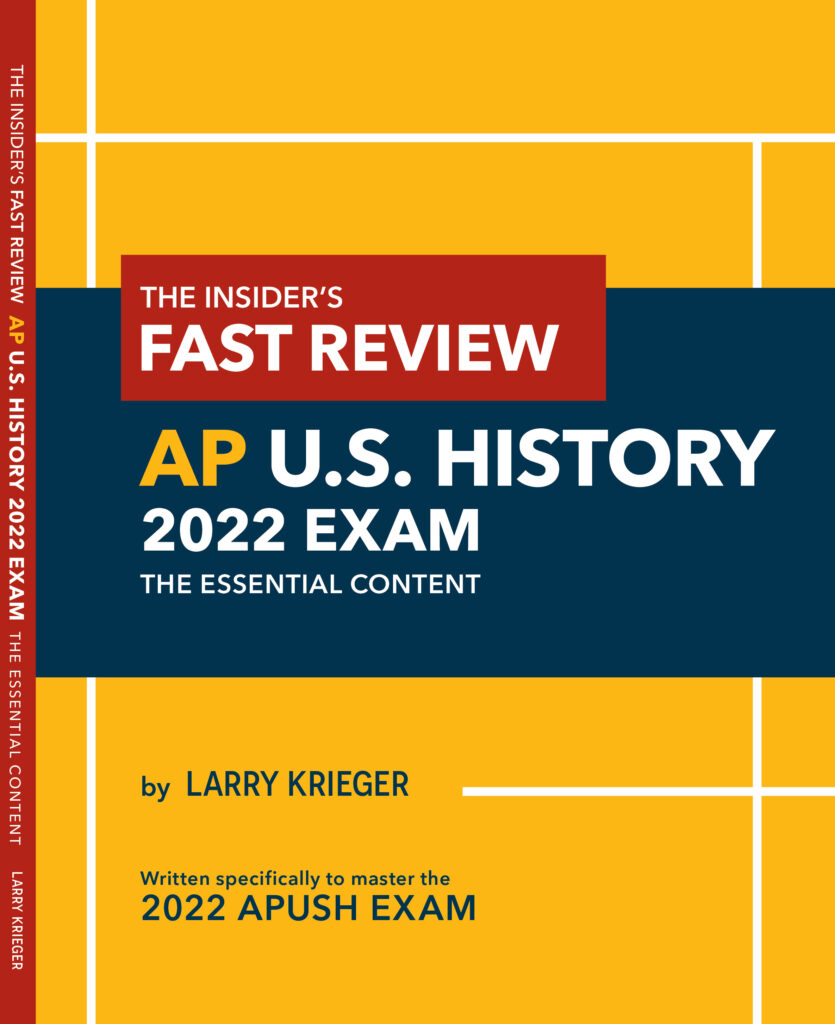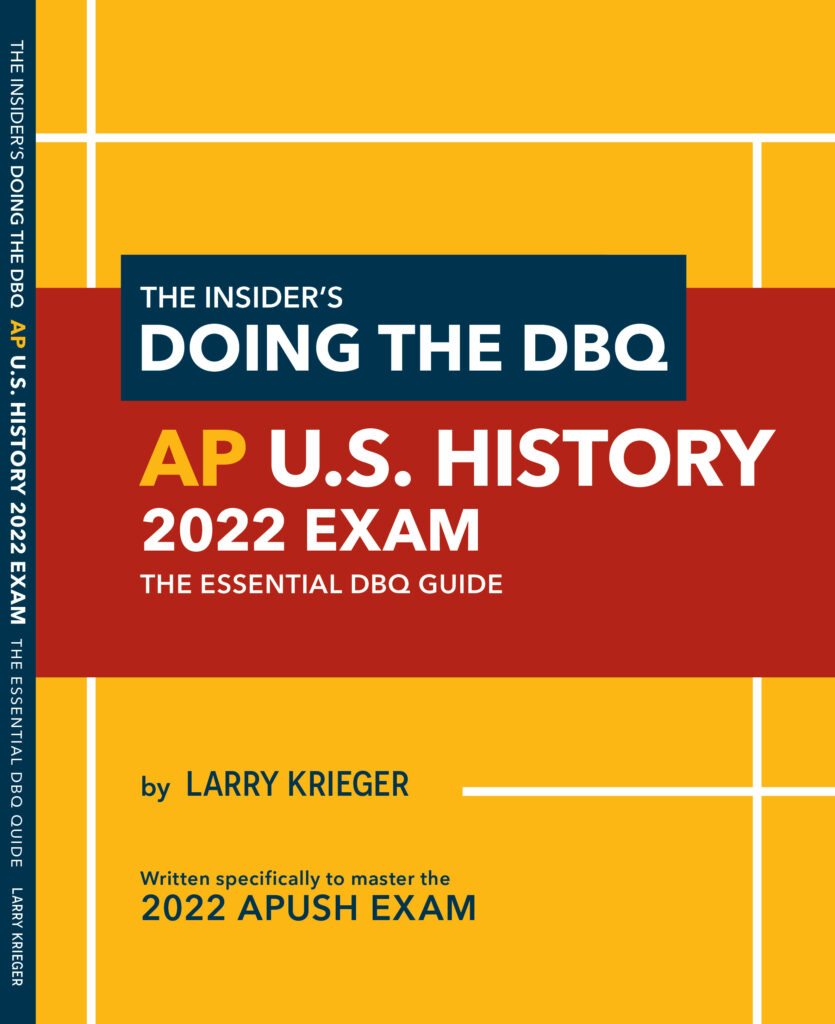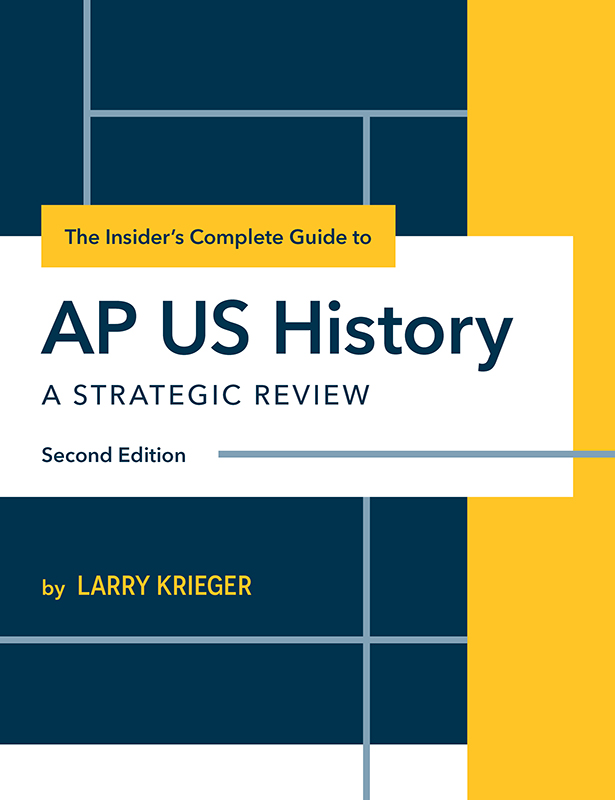A Generational Divide on Attitudes Toward Russia
“At a sudden signal,” Jeff Greenfield remembered, “we would drop from our chairs, pull ourselves into a fetal position, and crouch under our desks, and wait until the A-Bomb had fallen.”
In March 2022, YouGov asked a representative sample of Americans aged 65 and over and those 18 to 29 to express their views on these two questions: First, “Who do you sympathize with more – Ukraine, Russia, Not Sure, or Neither?” And second, “Do you think Russia is deliberately targeting civilians in Ukraine – yes, no, or not sure?”
The answers to these two questions perplexed political commentators. As expected, over 90 percent of the 65 and older respondents sympathized with Ukraine and believed Russia is deliberately targeting Ukrainian civilians. In contrast, 56 percent of the 18 to 29 respondents expressed sympathy with Ukraine, 22 percent supported neither, 12 percent were unsure, and 10 percent supported Russia. Just 47 percent of the 18 to 29 cohort believed Russia is deliberately targeting civilians while 33 percent were not sure and 20 percent chose to believe Russia was not targeting Ukrainian civilians.
These responses reveal a striking divergence in attitudes between aging Baby Boomers and a mix of younger Millennials and older members of Gen Z also known as Zoomers. Possible explanations for this divergence can be found in how very different formative historic experiences shaped the attitudes of these two generations towards Russia.
The Baby Boomers
The Baby Boomers are members of the post-World War II surge in births that took place between 1946 and 1964. Boomers grew up in the shadow of the Cold War. Soviet Premier Nikita Khrushchev’s threat, “We will bury you!” did not seem like an idle boast. During the 1950s and early 1960s, both the United States and the Soviet Union conducted atmospheric tests of increasingly powerful nuclear bombs. In schools, Baby Boom children experienced “duck and cover” drill that formed an indelible memory. “At a sudden signal,” Jeff Greenfield remembered, “we would drop from our chairs, pull ourselves into a fetal position, and crouch under our desks, and wait until the A-Bomb had fallen.”
Cold War tensions also extended into space. On October 4, 1957, the Soviet Union jolted America by rocketing the first man-made satellite into space. The 184-pound “Sputnik” had a significant impact upon American schools. Influenced by Life Magazine’s widely read special “Crisis in Education” reports, parents demanded that schools stop stressing social values such as “well-adjusted” and “well-rounded” and return to a “Back to Basics” approach to education.
American history classes and textbooks reflected this new Cold War emphasis. The texts presented a patriotic account of American history. Although they admitted some mistakes in treating Native Americans and African Americans, the books portrayed Americans as a tolerant and generous people who championed freedom and democracy at home and around the world.
The Cold War’s most dangerous crisis occurred in October 1962 when high-flying American spy planes discovered the Soviet Union was secretly building nuclear missile sites in Cuba, just 90 miles from American. Stunned and frightened Baby Boomers watched their televisions as President Kennedy grimly warned that any missile launched from Cuba would require “a full retaliatory response upon the Soviet Union.” The Cuban Missile Crisis solidified the Boomer’s negative attitude toward the Soviet Union. Although Baby Boomers later disagreed about the Vietnam War, they retained a negative view of the nation President Reagan branded, “an evil empire.”
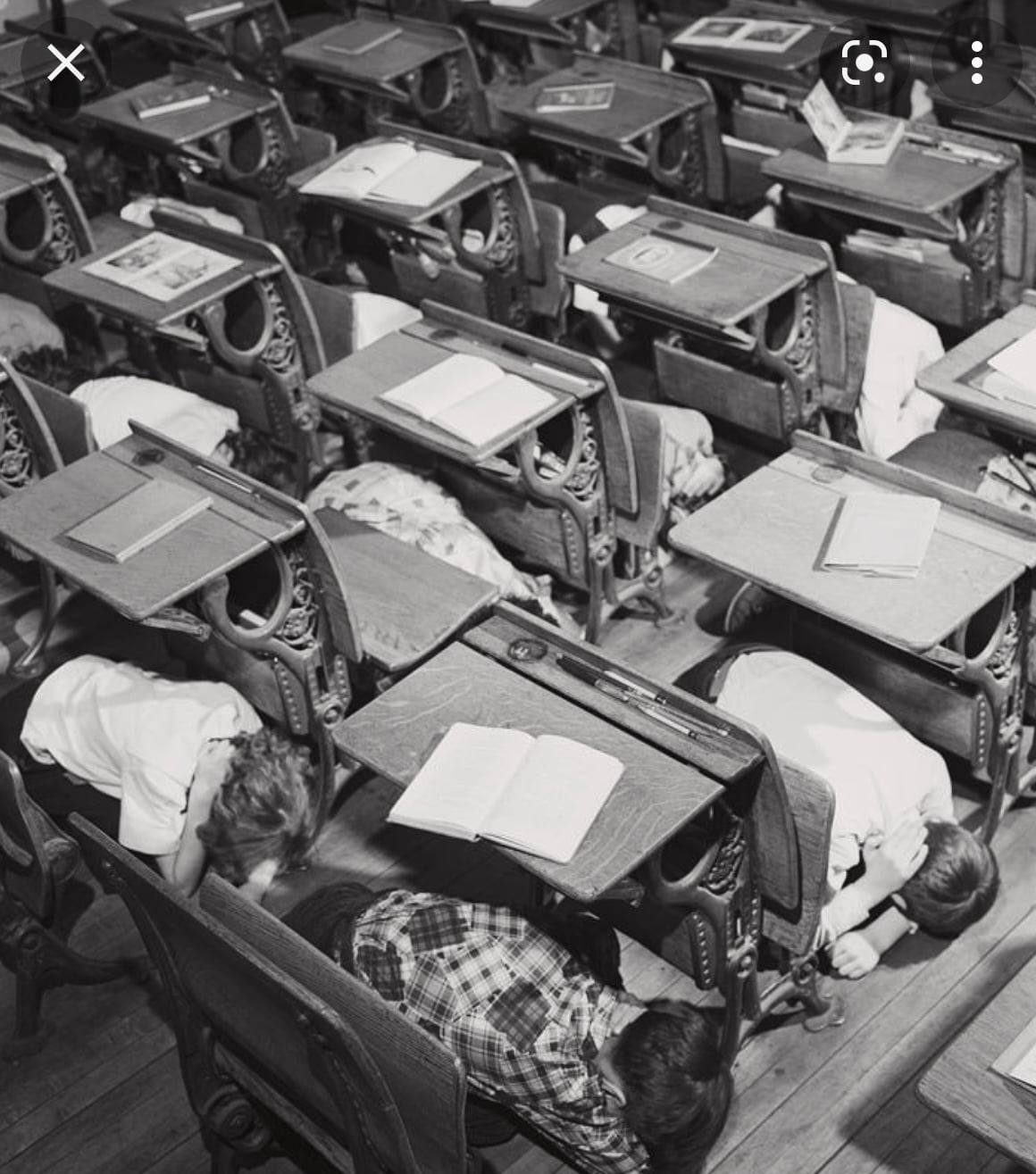
Millennials and Zoomers
The younger Millennials and older Zoomers witnessed very different historic experiences from the Cold War events that shaped the outlook of Baby Boomers. The fall of the Berlin Wall in 1989 marked the end of the Cold War in Europe. Two years later the Soviet Union ceased to exist. Fifteen newly independent republics, the largest of which was Russia, replaced the now defunct Soviet Union.
The 9/11 attacks and the subsequent wars on terror in Afghanistan and Iraq played important roles in shaping how young Millennials and older Zoomers viewed global events. Many members of these groups questioned these costly wars and became suspicious of foreign policy entanglements. Instead, they favored an America First foreign policy that opposed military interventions abroad. This skeptical view may have influenced many of the 18 to 29 year-old survey respondents who were not sure about supporting Ukraine or even supported Russia.
A new generation of American history courses and textbooks also played a role in shaping the attitudes of younger Americans. Textbook publishers responded to America’s increasingly diverse population by stressing the historic experiences of ethnic and racial minorities. Textbook narratives shifted from a patriotic and largely uncritical story to a far more critical approach towards America’s failure to live up to its founding ideals. As history teachers emphasized critical thinking skills, students began to question America’s traditional role in global affairs.
A Polarized Society
Aging Baby Boomers, young Millennials, and older Zoomers now live in an increasingly polarized society. During the 1950s and 1960s, three major television networks and a small number of major newspapers shaped the national news. Most interpersonal communication occurred on landline telephones. Today, cable television, personal computers, the Internet, and social media offer a flood of information and disinformation. The information war within America is playing a crucial role in shaping how the public views Ukraine and Russia.
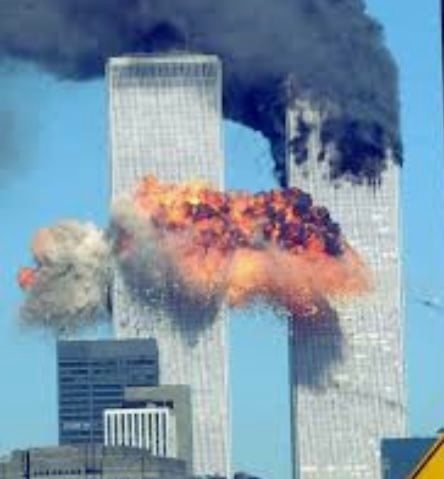
FOR FURTHER DISCUSSION AND WRITING
- How would you answer the two questions in the YouGov survey? Briefly explain your answers.
- Compare and contrast the impact of the Cuban Missile Crisis and the 9/11 attacks on generational attitudes toward American foreign policy.
- What role do you think American history textbooks play in shaping attitudes towards America’s role in the world?
FOR FURTHER INFORMATION
This Commentary drew upon information from Great Expectations, America and the Baby Boom Generation by Landon Jones, “Our polling reveals a striking generational divide on Ukraine,” The Economist and “Defining Generation: Where Millennials end and Gen Z begins” by Michael Dimock.

Larry Krieger
Author · Instructor

